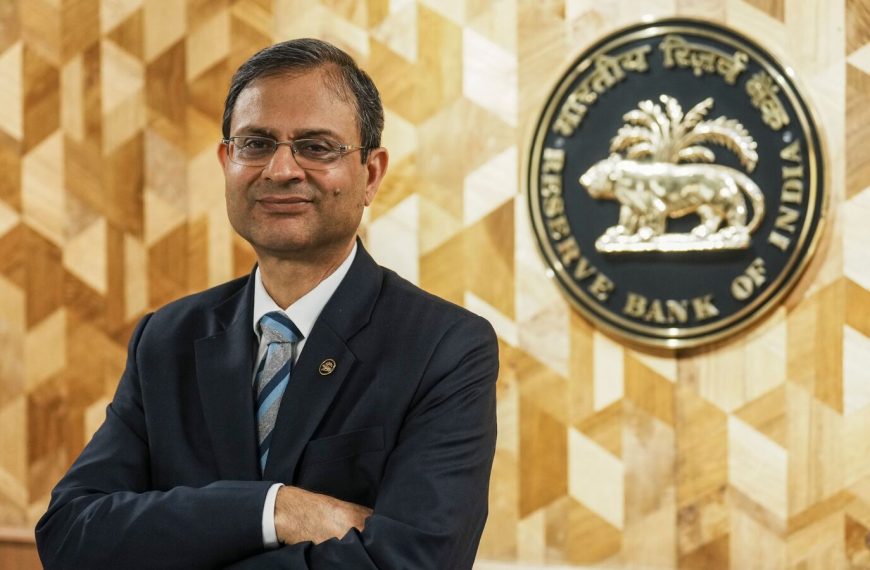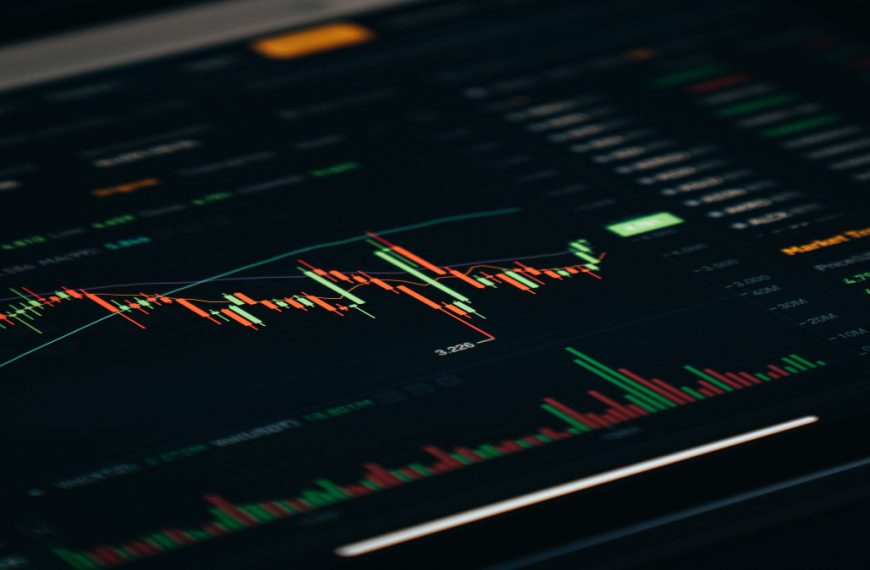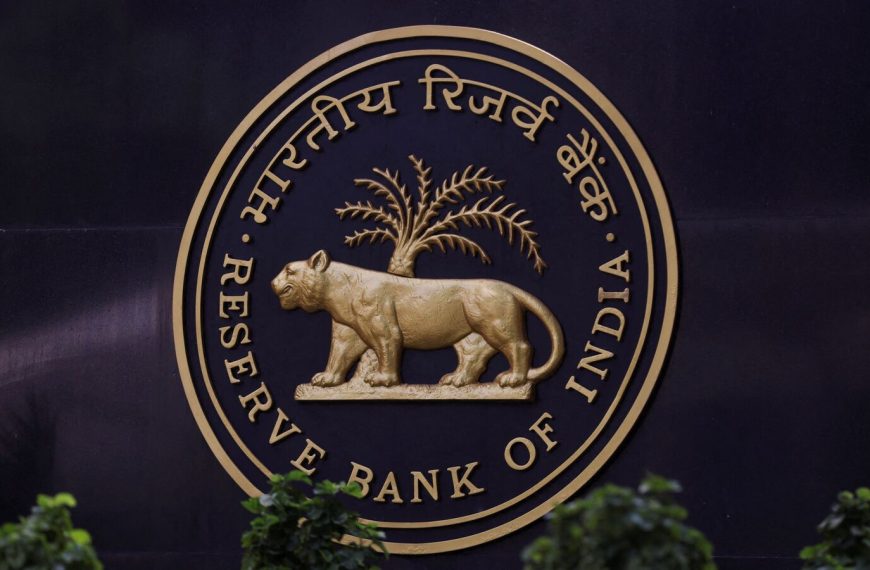Indonesia is currently facing significant economic challenges, leading to a decline in consumer and investor confidence as one of the country’s most anticipated holidays approaches. The recent turmoil in the stock market has left many, including freelance marketing strategist Benedicta Alvinta from Yogyakarta, feeling anxious about their financial futures. With a portfolio heavily invested in stocks, bonds, and gold, Alvinta has adopted a cautious approach to spending, delaying home renovations and furniture upgrades in light of the uncertain economic climate.
Diminished Travel Expectations for Eid al-Fitr
This year, a stark drop in travel is anticipated during the Eid al-Fitr holiday, with millions of Indonesians opting to stay home. The transport ministry predicts that around 146 million people will travel, a decrease of over 45 million compared to last year. Contributing factors include budget cuts and unpredictable policies from President Prabowo Subianto, which have dampened public sentiment across regions like Java, Sumatra, and Borneo.
Market Instability and Currency Concerns
The Jakarta Composite Index has experienced one of its most significant intraday declines in over a decade, positioning it as one of the poorest performers globally this year. The rupiah has also seen troubling declines, hitting its lowest point since the late 1990s financial crisis. As local markets prepare for a break to celebrate the end of Ramadan, the mood remains subdued, with fewer people on the roads and in markets.
Rising Costs Impacting Households
Recent months have brought various economic pressures to households, including layoffs in the textile sector and declining prices for nickel. Shinta Widjaja Kamdani, chairwoman of the Indonesian Employers’ Association, pointed out that the depreciation of the rupiah has led to rising raw material costs. “Increased input costs can erode profit margins and may lead to higher consumer prices, ultimately lowering purchasing power,” she explained.
Disfiyant Glienmourinsie, who operates a food catering business in South Jakarta, has felt these impacts firsthand. She noted a 15% spike in salmon prices for one of her popular dishes. “When I recently inquired about prices, the supplier expressed regret over the increase. I had to adjust my packaging to maintain my pricing, although my profit margins are tighter now,” she shared.
A Silver Lining for Retail Investors
Despite the economic gloom, there are glimmers of hope for more than 15 million retail investors in Indonesia. This week, major banks announced substantial dividend payouts, generating excitement among shareholders. At PT Bank Mandiri, crowds formed as eager investors lined up for hours ahead of a meeting where the bank revealed its highest-ever payout ratio.
Consumer Sentiment Declines
While some investors are optimistic, consumer confidence remains shaky. Data indicate a 20% drop in imports of consumer goods during the first two months of the year. Bank Indonesia has also projected a decline in retail sales for February, marking a worrying trend given the government’s recent minimum wage increase and the suspension of a proposed sales tax hike.
“Government efforts have provided some relief to purchasing power, but the impact seems insufficient,” stated Solihin, chairman of the Indonesian Retail Merchants Association. He noted a noticeable shift toward more affordable products, indicating that consumers are tightening their budgets.
Glienmourinsie echoed this sentiment, observing a significant drop in demand. “Even during this festive season of Eid al-Fitr, I can see a difference compared to previous years. Demand is down at least 25% from last year,” she remarked.
As Indonesia navigates these economic challenges, both consumers and businesses are adapting to a new reality, characterized by cautious spending and shifting market dynamics.











